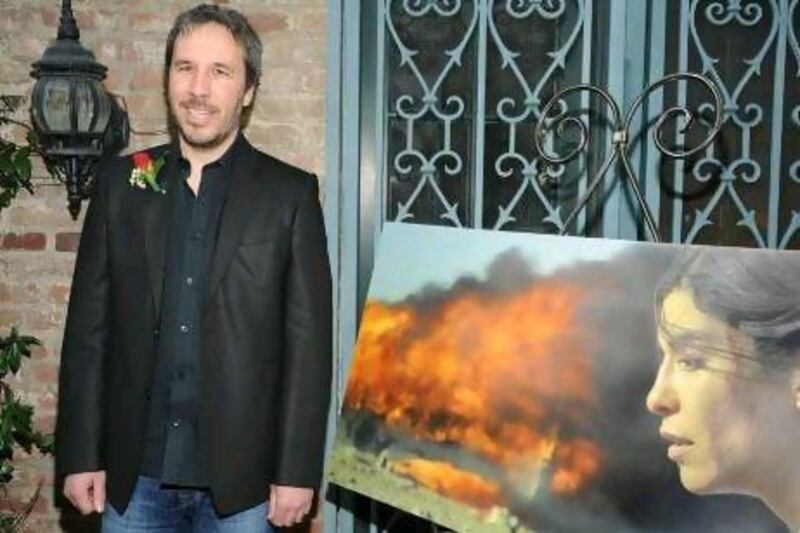Denis Villeneuve is a 44-year-old Montreal-based filmmaker. His previous films, the critically acclaimed August 32nd on Earth (1998), Maelström (2000), told from the perspective of a fish, and Polytechnique (2009), about a classroom murder, did not hint at an interest in the Middle East. Nonetheless, the Oscar-nominated Incendies, which screened at the Abu Dhabi Film Festival, is a moving tale about a pair of Canadian twins, Jeanne and Simon, who venture to Lebanon after their mother dies and discover dark secrets about their past. It was adapted from a play by Wajdi Mouawad, a Lebanese-born Canadian writer, and Villeneuve explains how he came to adapt it for the screen.
When did you first see the play?
I first saw the play in 2004 in a small theatre in Montreal. I immediately decided to make a film of it. The next morning, I called Wajdi and asked him if anyone had the rights. Most of the time in the theatre, you discover beautiful stories that have been written decades ago by someone living in Paris or England. Here I was watching a play from someone living in the same neighbourhood as me and so I just had to jump on it like a lion on a lamb.
Did you know Wajdi well?
Montreal is a very small city, and I'd met him from time to time at events or on the sidewalk. He is someone who, although not a friend, I admire a lot. I had seen his other work, but I was not looking for a script, nor was I thinking that one day I would adapt a script of his.
Is there a big Arabic influence in Montreal?
There are a lot of Lebanese people living here and the script was read by several Lebanese journalists or writers. Then when I moved to Jordan for several months, the people there gave me a lot of comments. The actors, the directors, the casting directors, the producers, they gave me a lot of notes, a lot of comments and that was it.
In the film, the twins have to learn about the Middle East when they arrive. Did that mirror your own experience?
In order to make such a film, my door to enter into the story is the twins, because I can have the same glance, the same look on this world as them. Without the twins, it would not have been possible to make a film like this.
The film starts with an honour killing - that's a hot topic. What did you discover?
For me, I found out things about Arabic culture and it's a very complex, beautiful culture and I am very interested about the condition of women in Quebec, Canada and the world. It was a very interesting and moving trip — and seeing how sometimes in every part of the world it is difficult to be a woman. This notion of a crime of honour is a very disturbing issue for me.
What's interesting is that you seemed to show women dominating the home.
When I arrived in Lebanon, we talked to a lot of Lebanese, Jordanians, Palestinians and worked with Iraqi refugees. All those people were so generous about sharing their culture and their vision of the world, and they gave me so much comments on the screenplay. So the truth is I did rewrite a lot of scenes, all the family scenes, because of course I didn't know anything about the relationship between men and women there, how people behave, the men and women in the Arabic family.
Why is it that Jeanne always seems more able than Simon to discover the truth and the past and accept it?
That was already in the play. It is a comment by Wajdi about how we can open ourselves up to anger - what is our relationship to the past? Some people decide they can live in the present with anger about the past and they think they can be free. Wajdi is saying to us that in order to be free and become a real adult, you have to erase an anger that is past anger and that goes through the family and generations.
Will you make more films set in the Middle East?
The truth is yes. I think I made a small step in this beautiful culture. I have another project that will talk about the Middle East but maybe it will be more about the influence and people of the Middle East in Canada.






